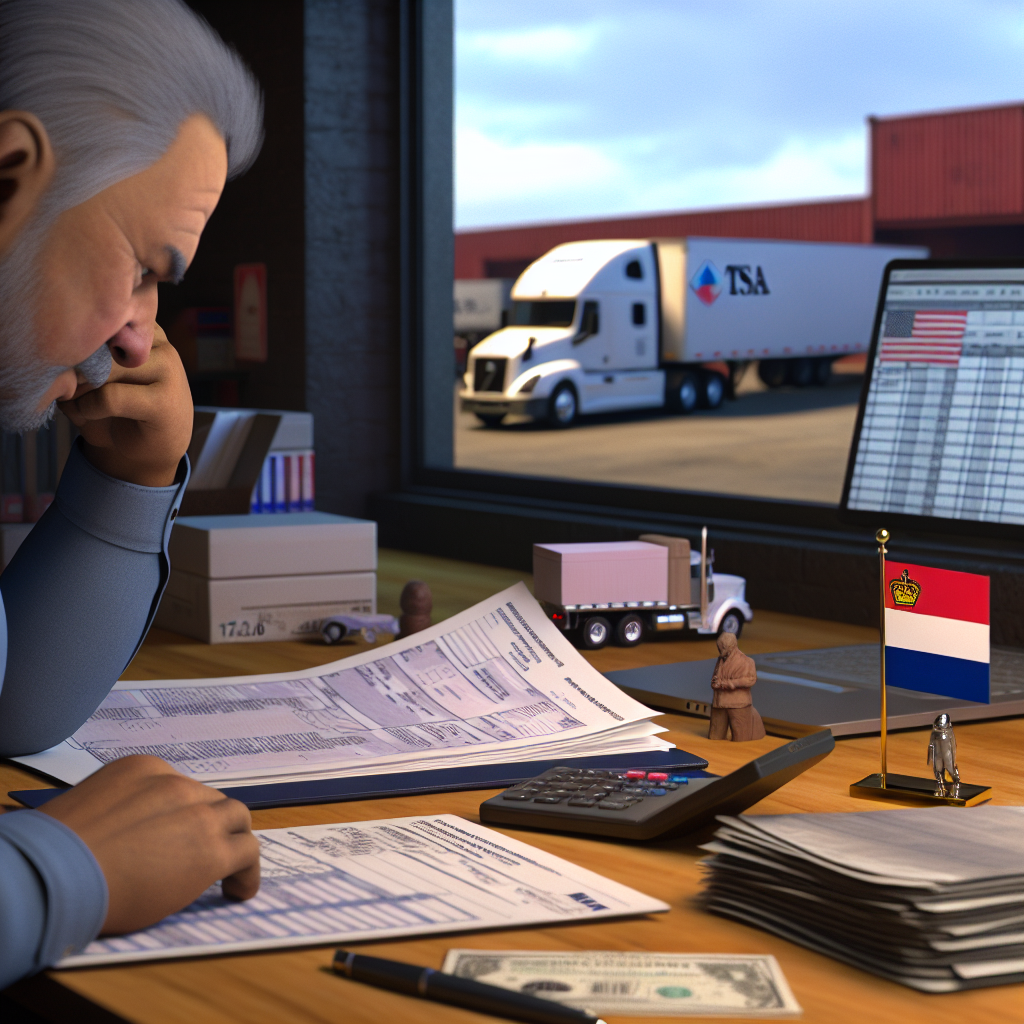What happened
Liechtenstein and Montenegro have signed a bilateral treaty to eliminate double taxation, a move that tightens their fiscal framework and could lower cross‑border tax frictions for companies operating in or investing across the Western Balkans. The agreement was signed on September 25, 2025, in New York on the sidelines of the UN General Assembly by Liechtenstein’s Deputy Prime Minister/Foreign Minister Sabine Monauni and Montenegro’s Deputy Prime Minister/Foreign Minister Ervin Ibrahimović.
Why this matters to owner-operators and fleet managers
While most U.S.-based carriers won’t feel this directly, the treaty can matter if you (or your partners) run European lanes touching Montenegro, maintain a legal entity there, or pay/receive cross‑border service fees, truck leases, interest, or royalties with counterparties in Liechtenstein. The pact is designed to prevent the same income from being taxed in both countries and to reduce withholding taxes on cross‑border payments—measures that can cut frictional costs and improve cash flow for logistics and transport businesses. It follows OECD standards and BEPS anti‑abuse rules, which bring more certainty to how tax authorities treat cross‑border operations.
The fine print we know so far
Liechtenstein first announced that its fiscal authority and Montenegro had initialed the agreement on March 13, 2025, outlining key features: reduced withholding on dividends, interest, and license fees; clarity for investment and pension funds; a mutual agreement procedure (MAP) to resolve disputes; and information exchange in line with international standards. Those elements typically translate to fewer surprises when invoicing across borders and clearer rules around whether a local presence amounts to a taxable “permanent establishment.” With the treaty now signed, the next step is ratification in both countries before it can enter into force.
Context: a broader push to ease trade and invest in infrastructure
The tax deal plugs into a larger economic picture. Montenegro has had a free trade agreement with the European Free Trade Association (EFTA)—which includes Liechtenstein—since 2011, easing goods trade and complementing fiscal alignment. For logistics companies, the combination of tariff predictability and clearer tax rules can help de‑risk establishing depots, booking capacity, or financing equipment that serves the Adriatic gateway and inland Balkan routes.
Separately, Montenegro has been signaling infrastructure ambitions. In July 2025, the government signed an MoU with Bechtel and Enka aimed at new highway development, including connections from the coast to the north—projects that, if built, would influence traffic patterns, transit times, and equipment utilization for carriers serving the region. A more robust road grid plus a tax treaty that cuts withholding could make it easier for international players to commit capital.
What to watch next
- Entry-into-force timing: Double tax treaties typically apply from January 1 following ratification and exchange of instruments. Track parliamentary approvals in both countries before relying on treaty rates in contracts.
- Documentation: To claim reduced withholding, counterparties generally must provide proof of tax residency and beneficial ownership. Expect banks or payers to require certificates and forms before applying treaty rates.
- Permanent establishment risk: Dispatch offices, driver accommodation hubs, or maintenance facilities can create local tax nexus. Review where staff make key decisions and where assets are fixed to avoid surprises under BEPS‑aligned rules.
- Information exchange and compliance: With modern treaties, tax authorities share more data. Keep intercompany service pricing and cross‑border lease arrangements well documented.
- Operational alignment: If you truck to or from the EU via Montenegro, remember the EU’s ICS2 security filings for entry summary declarations—another piece of the compliance puzzle alongside tax planning.
Bottom line for fleets
For carriers and logistics investors active around Montenegro, the Liechtenstein–Montenegro treaty points to lower tax drag and more predictable cross‑border operations once it takes effect. Pair that with ongoing trade and infrastructure initiatives, and the region’s north‑south corridors could become more attractive for asset deployment, regional partnerships, and financing. Keep your tax, treasury, and ops teams synced: re‑paper service agreements to reference treaty articles once in force, align invoice wording and residency proofs to qualify for reduced rates, and reassess where decision‑making and support functions sit across your European footprint.
Sources Consulted: Tax Notes; Government of Liechtenstein Media Portal; Government of Montenegro (Ministry of Foreign Affairs; Government and Customs pages); U.S. Department of Commerce International Trade Administration.
Need to file your Form 2290?
Join thousands of owner-operators and carriers who trust HeavyTax.com for fast and easy HVUT e-filing.
This article was prepared exclusively for truckstopinsider.com. For professional tax advice, consult a qualified professional.





